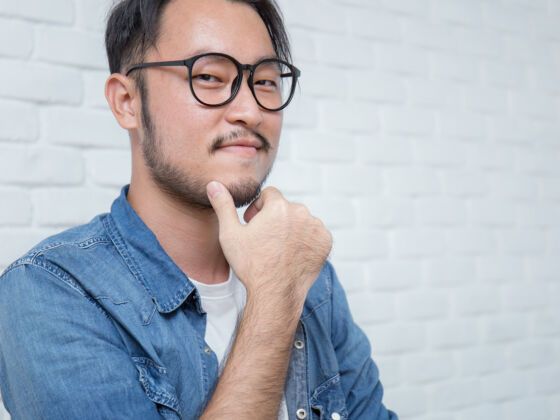1. Chinese people aren’t just in a class all their own. They’re “a crane among a flock of chickens.” (鹤立鸡群, hèlìjīqún)
2. In Chinese, you’re not better late than never. You “mend the flock after the sheep have been lost.” (亡羊补牢, wángyángbǔláo)
3. A Chinese person won’t kill the goose that lays the golden eggs. But he might “drain the pond to catch all the fish.” (竭泽而渔, jiézé’éryú)
